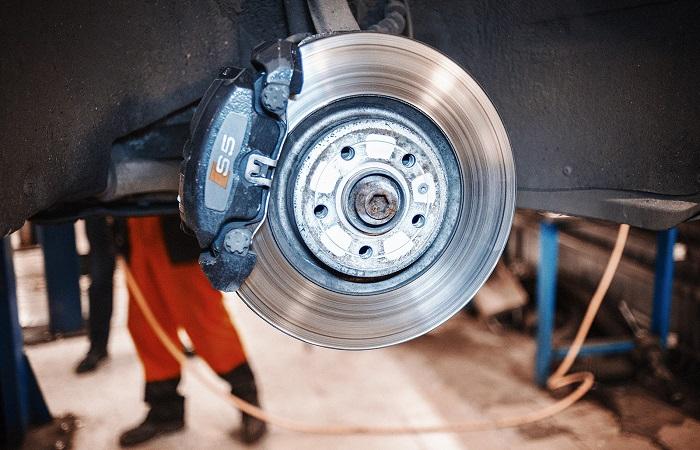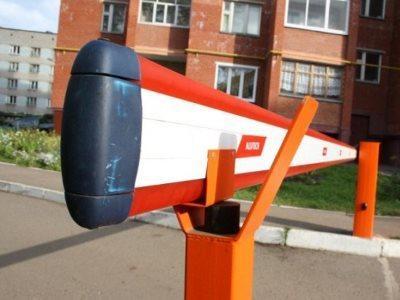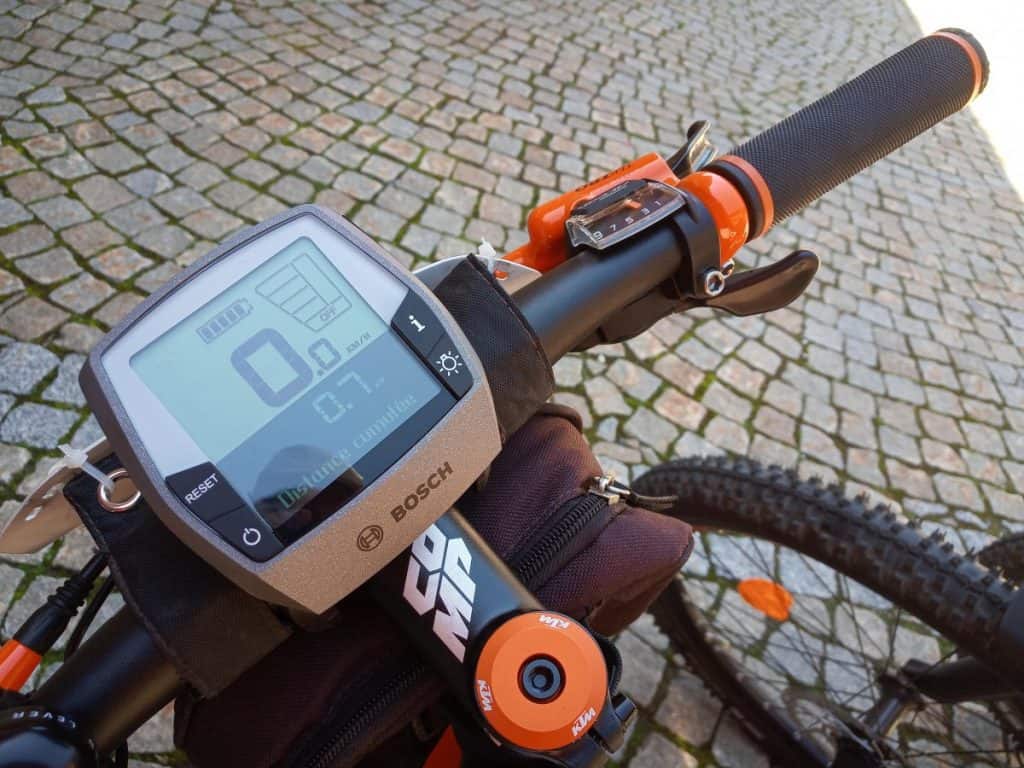
How to Spot Bad Brakes - Resources
Content
Here's a driving nightmare: you're in a traffic jam on an interstate and all of a sudden you're stopping less and driving more. You crash into the car in front, causing annoying bumper damage to both of you and, embarrassingly, a highway pile-up that makes motorists passing behind you frown and honk. Many. What happened?
You've got brakes. They fail, and no matter how bad your situation is, it's very good that you found out about the problem while traveling at a speed of only 3 miles per hour.
Bad brakes are dangerous and expensive. That's why it's important that you always pay attention to worn brakes and take your vehicle for convenient brake service to Chapel Hill Tire as soon as you spot any warning signs. Here are some signs that it's time to change your brake pads:
Brake Warning Signs
Thin brake pads
The brake pads press against a rotor located in the front wheels, providing the friction that brings your car to a stop. If they are too thin, they will not be able to compress with enough force to stop your car properly. Luckily, you can do a visual inspection and find thin brake pads. Look between the spokes in your wheel; The overlay is a flat metal plate. If it looks less than ¼ inch, it's time to pick up the car.
screeching sounds
A small piece of metal called an indicator is designed to make a really annoying noise when your brake pads wear out. If you've ever heard a high-pitched screech when you press the brake pedal, you've probably heard the indicator's warning scream. (Rust on your brake pads can also be the cause of this noise, but it's hard to tell the difference, so you have to assume the worst.) As soon as you hear the indicator, make an appointment.
Low productivity
It's simple; if your brakes don't work well, they fail. You will feel it on the brake pedal itself because it will press harder than usual on the floor before your car comes to a halt. This may indicate a leak in the brake system, either an air leak from the hose or a fluid leak from the brake lines.
vibration
Your brake pedal may speak to you in other ways; if it starts to vibrate, especially when the anti-lock brakes are not on, it's time to make an appointment. This is likely (though not always) a sign of warped rotors that may need to be "turned" - the process by which they align.
Puddles on the road
A small puddle under your vehicle could be another sign of a brake line leak. Touch liquid; it looks and feels like fresh motor oil, but is less slippery. If you suspect a brake fluid leak, take your vehicle to a dealer immediately. This problem will get worse quickly as you lose more fluid.
Pulling
Sometimes you will feel your car trying to pull over when you brake. If braking doesn't give the same results on both sides of your car, your brake pads may be wearing unevenly or your brake fluid line may be clogged.
Loud metallic sounds
If your brakes start to sound like an angry old man, beware! Grinding or growling sounds are a serious problem. They occur when your brake pads are completely worn out and indicate damage to the rotor. If you don't fix the problem quickly, your rotor may need an expensive repair, so drive your car straight to the shop!
Warning lights
Two warning lights on your vehicle may indicate brake problems. One is an anti-lock brake light, indicated by a red "ABS" inside a circle. If this light comes on, there may be a problem with one of the anti-lock brake system sensors. You cannot solve this problem on your own. If the indicator stays on, get into the car.
The second is a stop sign. On some vehicles, it's just the word "Brake". on some it's an exclamation point in two brackets. Sometimes this indicator indicates a simple problem with your parking brake that may be applied while driving. This is easy to fix. However, if the light stays on, it may indicate a more serious problem: a problem with the brake fluid. The hydraulic pressure powering your brakes may be uneven or there may be a low brake fluid level. These problems can be dangerous, so if your brake light keeps on, make an appointment with a specialist.
One note: if both the brake light and the ABS light come on and stay on, stop driving! This indicates imminent danger to both of your braking systems.
By keeping these warning signs in mind, you can keep your brakes working properly and minimize the risk of a collision on the road. At the first sign of deterioration, make an appointment with the Chapel Hill Tire specialists! Our wide range of brake services can help keep you safe on the road - contact your local Chapel Hill Tire representative to get started today!
Back to resources

